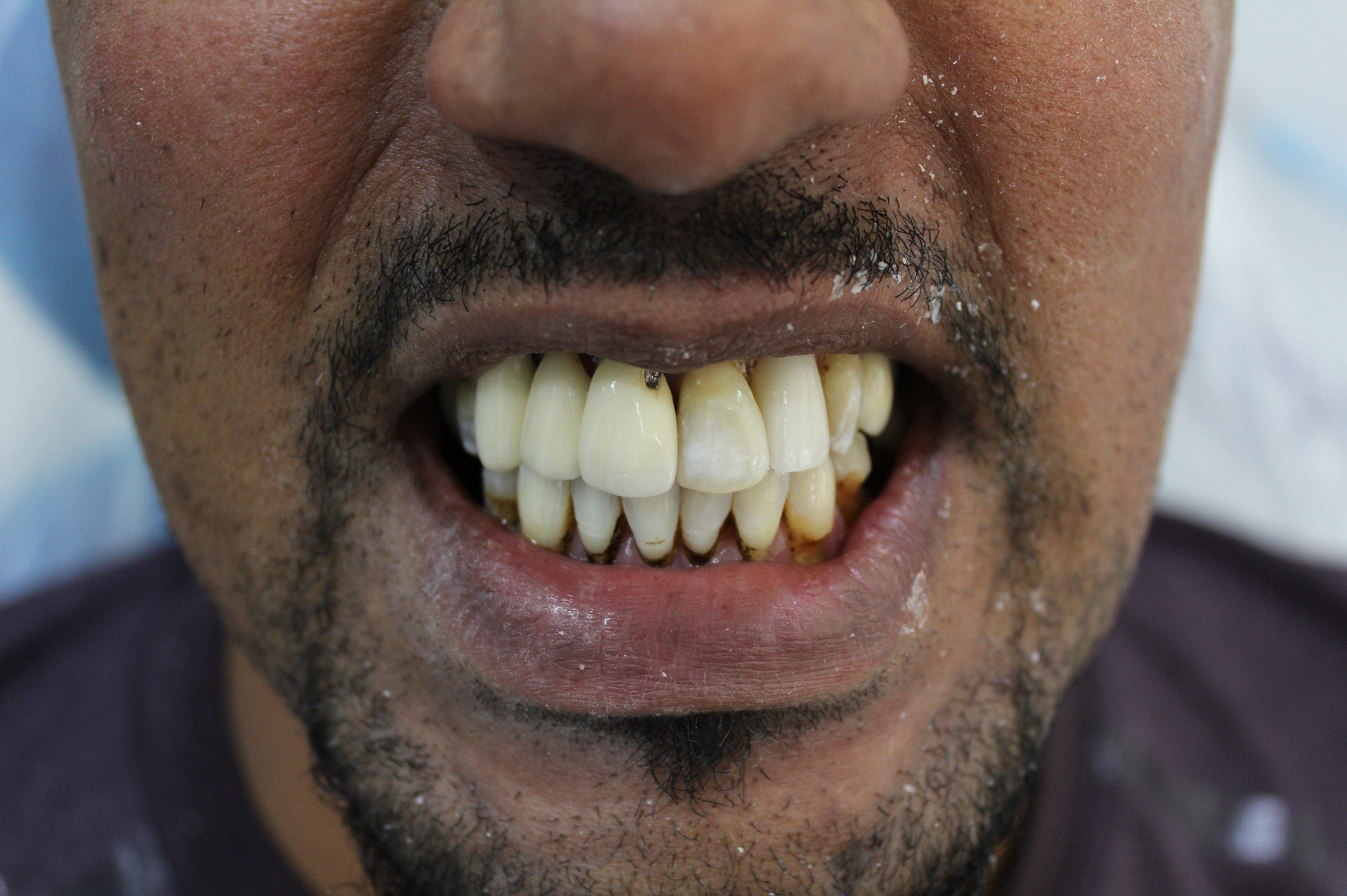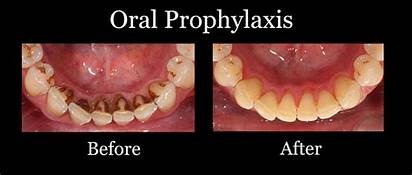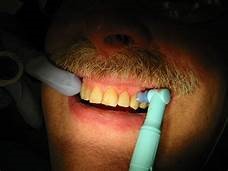-
Call Us Today
+91 868 649 1122
-
location
Telangana
ORAL PROPHYLAXIS
A procedure done for the cleaning teeth. It removes tartar and plaque develop from the surfaces of the teeth just as those covered up in the middle of and under the gums. The dental specialist utilizes a scaler, a kind of hand instrument, to expel the plaque and tartar.


WHEN DOES ONE NEED ORAL PROPHYLAXIS?
WHAT ARE THE ADVANTAGES OF HAVING ORAL PROPHYLAXIS?
Prevents Teeth Decay
Prevents Gum Infection
Prevents Awful Breath
Lowers Risk for Illnesses.
Early discovery of Diseases
WHAT IS THE PROCEDURE OF ORAL PROPHYLAXIS?
Oral polishing:
Cleaning the teeth is done to eliminate plaque, a clingy film-like substance that goes about as a forerunner to tartar. A typical technique for cleaning teeth today is to utilize what is known as a Prophy Jet. This is an air-powder cleaning unit that joins air, water, and fine powder to clean teeth. Plaque is taken out from the surface which is then smoothed somewhere around the stream to keep plaque from having anything to clutch when it begins to regrow.


POST TREATMENT CARE FOR ORAL PROPHYLAXIS
The most regularly experienced response is gum affectability. This may last two or three days following your arrangement. To lessen affectability, flush with a warm salt water arrangement (½ tsp Salt in ½ cup of warm water). Continue flushing a few times each day. Ibuprofen each 4 to 6 hrs might be utilized too.
Brushing and flossing might be awkward for the initial not many days, however, don't quit brushing and flossing. Delicate home cleaning of your teeth and gums is the best treatment you can give your mouth right now. Draining and touchiness will slowly lessen after some time.
FREQUENTLY ASKED QUESTIONS:
How often should you have oral prophylaxis?
It's suggested that most patients get prophylaxis at a dental office somewhere around at regular 6months intervals, and patients with periodontal illness should have it each three to four months.
Is prophylaxis a profound cleaning?
A dental prophylaxis is a cleaning method performed to altogether clean the teeth. Prophylaxis is a significant dental treatment for stopping the movement of periodontal illness and gum disease.
